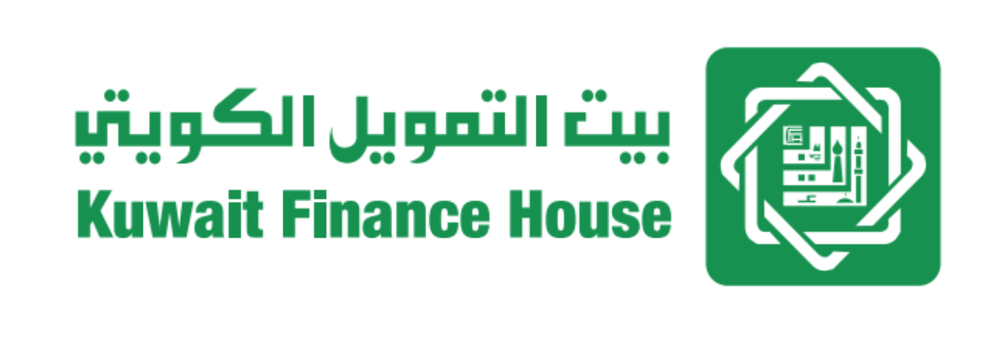The Wish List Co-Founder And CEO Fahad Albaghli On Pivoting Your Business For The Better Available as an application for iOS and Android devices, The Wish List is a Kuwait-based fashion e-commerce platform that provides luxury designer items at discounted prices throughout the year.
By Pamella de Leon Edited by Aby Thomas
Opinions expressed by Entrepreneur contributors are their own.
You're reading Entrepreneur Middle East, an international franchise of Entrepreneur Media.

This article is part of a series on pioneering entrepreneurs in Kuwait that Entrepreneur Middle East has built in collaboration with Kuwait Finance House. Kuwait Finance House is considered a pioneer in Islamic finance or Sharia'a compliant banking, with it being the first Islamic bank established in 1977 in the State of Kuwait, and is today one of the foremost Islamic financial institutions in the world.

Available as an application for iOS and Android devices, The Wish List is a Kuwait-based fashion e-commerce platform that provides luxury designer items at discounted prices throughout the year. Founded in 2019 by Fahad Albaghli, the startup aims to showcase an avenue for retailers, brands and customers with a 360-degree approach from warehousing and operations, to marketing and delivery, and providing customers with a variety of high-quality fashionable items from well-known international brands at affordable prices. The co-founder and CEO -who's had a wide range of experience in the finance and baking industry- says that the enterprise's goal is to create a positive impact on the lifecycle of the retailer's inventory by helping to eliminate the burden of disposing slow-moving inventory and avoid associated logistical costs, while offering a variety of fashion and beauty products to customers.
The Wish List started as a marketplace to sell and promote off-season and off-priced fashion products on a consignment basis. It then pivoted to a platform for stylish and affordable pieces (whether off-season or new), and has since extended its offerings to include beauty and lifestyle products. Albaghli notes that while they did initially receive some negative comments about the user interface and experience, he and his team took them into consideration, and they have since gone on to receive positive and encouraging feedback.
For its business model, the startup started with commission income from products sold on a consignment basis. It has now diversified to include profit from selling the startup's own inventory, as well as revenue from third-party logistics division. In the future, the team plans to scale up its operations, and ultimately be the most prominent fashion and beauty e-commerce platform in the region. The team is also keen to grow their third-party logistics division by targeting different client segments including home businesses, e-commerce startups and traditional brick and mortar retailers.
When it comes to advice for aspiring entrepreneurs, Albaghli points out the distinct opportunity in fintech and edtech, given today's circumstances. He says startups should focus on two key facets: "One, focus on building a great product or service, but don't take forever to launch. And two, focus on building a team that shares the same vision. Great people make a great company!"

"TREP TALK: Fahad Albaghli, co-founder and CEO, The Wish List
What are some of the main considerations that entrepreneurs should keep when starting up a business in Kuwait and why?
"Assess feasibility and competitiveness to ensure that there is a gap in the market, and that you can differentiate yourself from the competition. Choose the right business and legal structure, carefully manage your liquidity and financials, and attract and retain the right talents."
Can you share your top tips for fellow entrepreneurs on strategies to survive the impact of the COVID-19 crisis?
"Try to reduce your overhead expenses, and go back to bootstrapping. Change your business model, and pivot if the industry you are in is heavily impacted by COVID-19 crisis. Have a contingency plan in case the crisis last more than what's forecasted."
Related: Kuwait Luxury E-Commerce Fashion Platform ZAY Pivots To Marketplace Platform Amid COVID-19 Crisis













